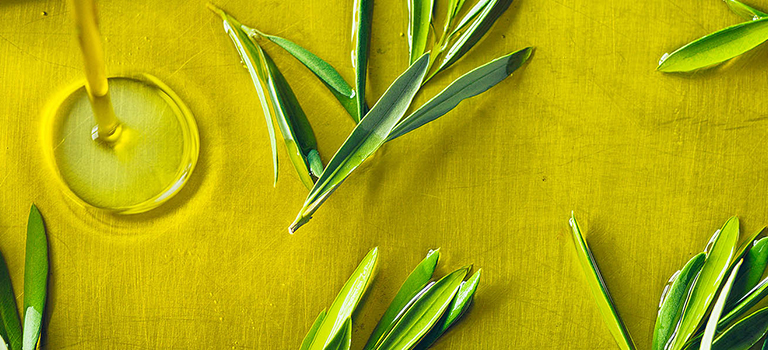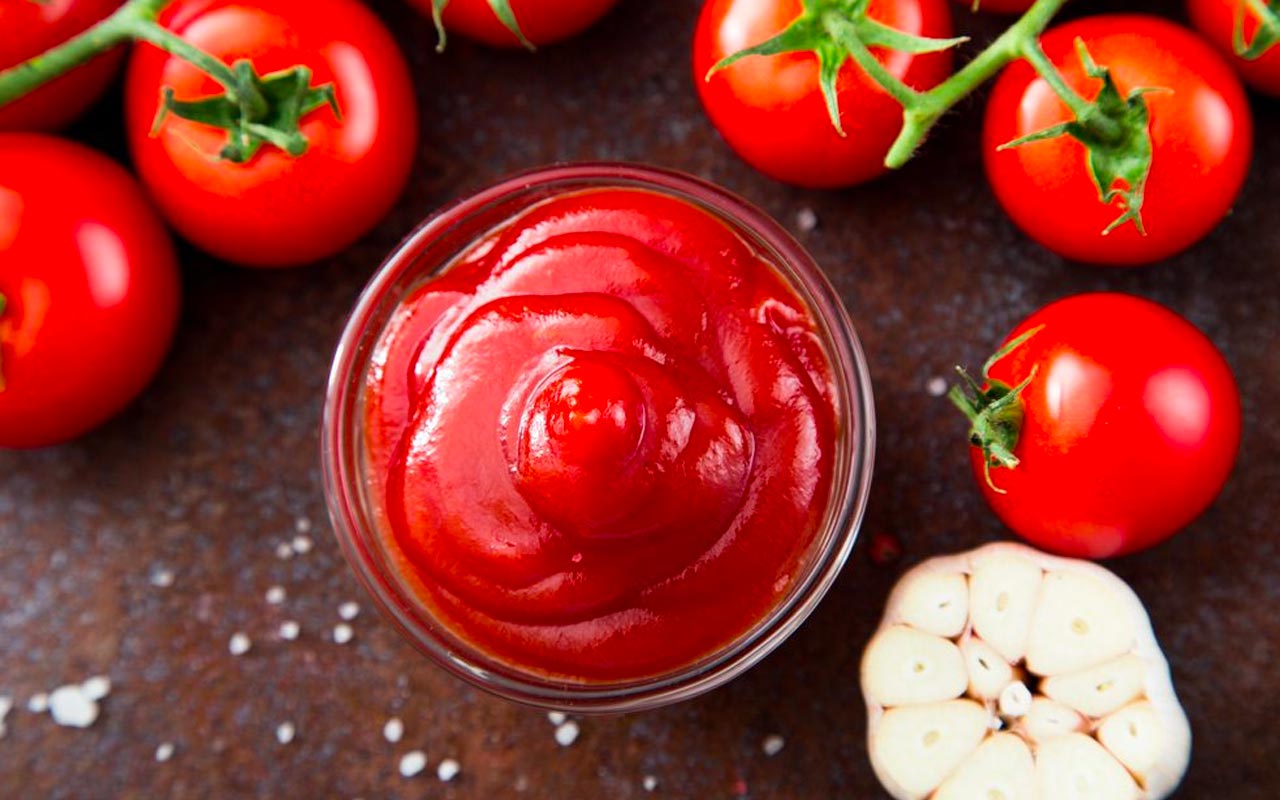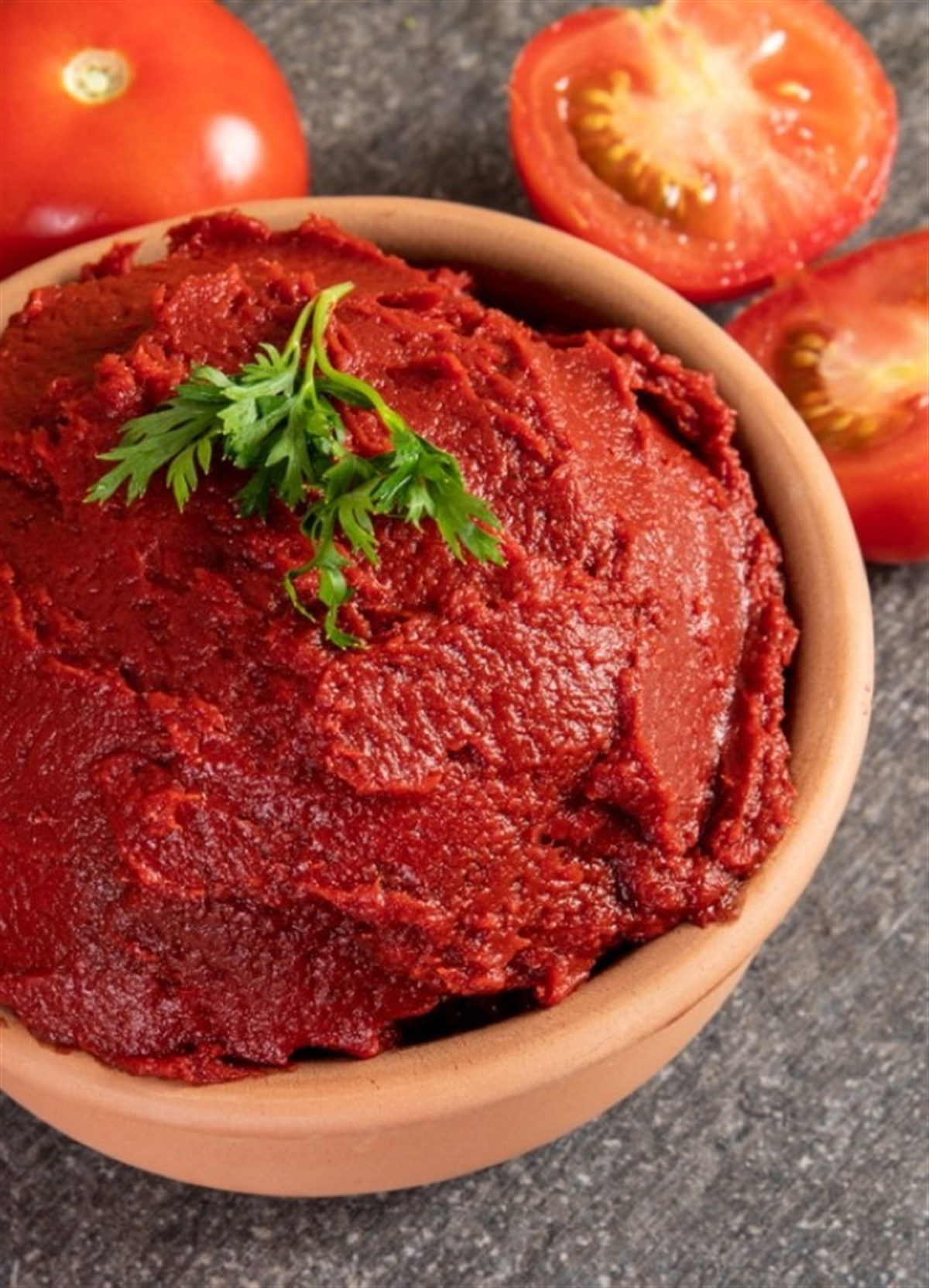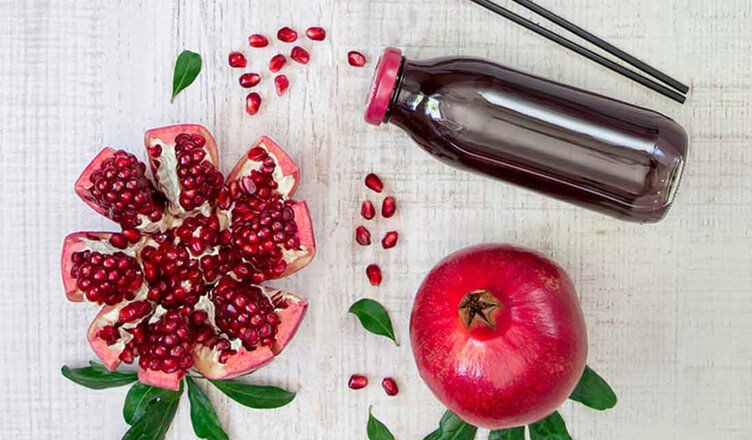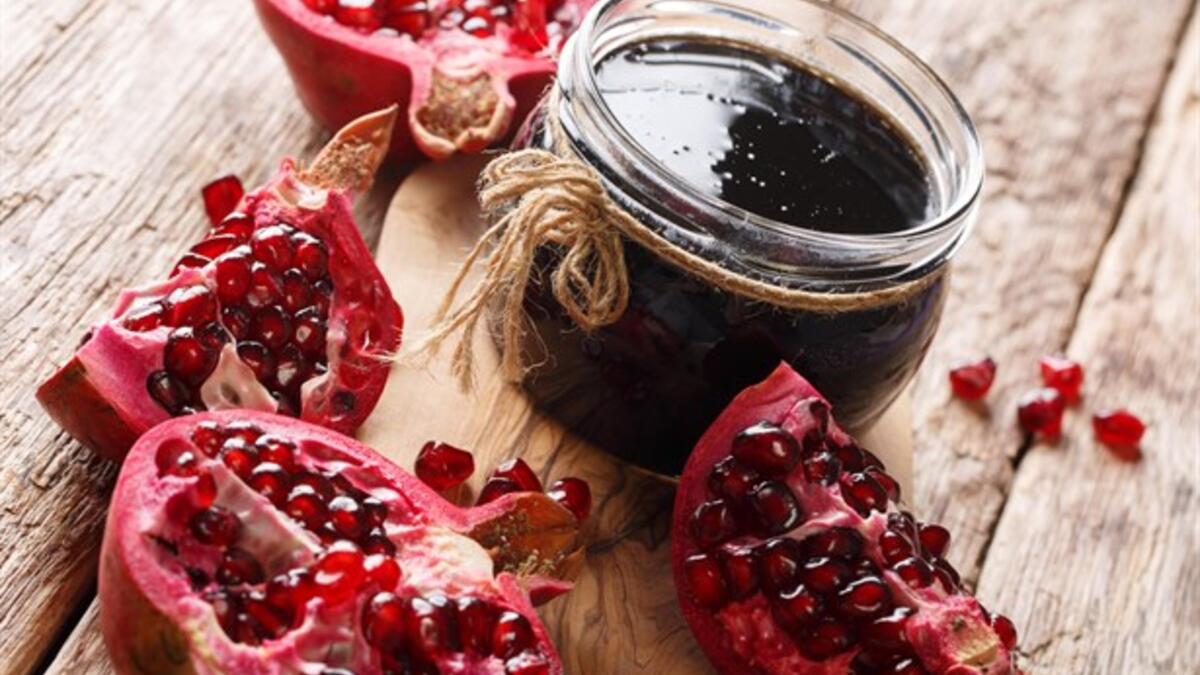Why is Control Important in Olive Oil?
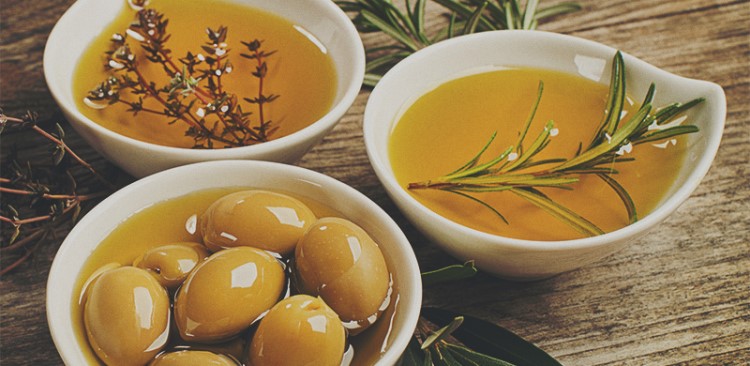
Many ideal conditions must coexist in the production of quality natural olive oil. Many factors affect the quality, from the local climate to the yield of the soil, from the way the olives are collected, to the fertilizer used, the features of the mechanical crushing machines and how the olive oil is stocked. Control of all these factors by experts and experienced people is very important in reaching the desired quality.
When it comes to quality in natural olive oils, two factors are important. First, they are values that can be measured by chemical analysis. These analyzes are carried out with special equipment, especially in a laboratory environment. The second factor is to detect and measure flavor and odor.
How is the quality of olive oil evaluated?
Determining the quality of olive oil is a specialty different from other oils. When it comes to quality in natural olive oils, two factors are important. First, the values that can be measured by chemical analysis. Another factor is its taste and smell. The process of determining the taste and smell of olive oil is called "degustation".
Sensory analysis of natural olive oils are evaluated according to negative properties and positive properties.
Positive Features:
Fruity: Perceived characteristic fruity aroma of oil obtained from healthy, fresh, green or ripe fruit, depending on the type of olive.
Green Fruit (Greenly Fruity): If the oil is obtained from green olives, the aroma is reminiscent of the green fruit.
Ripely Fruity: If the oil is obtained from ripe olives, the aroma is reminiscent of green and ripe fruit together.
Bitterness (Bitter): It is the characteristic taste of oil produced from green olives or olives with turned color. It is felt by taste cells in the "V" region of the tongue.
Burniness (Pungent): It is the burning sensation which is the sensory characteristic of the oil. It is mostly felt in oils produced from olives that are still green at the beginning of the season. This sensation can be perceived in the entire oral cavity, especially in the throat.
Negative Features:
Heat - Muddy Sediment (Fusty - Muddy Sediment): The heat describes the taste and smell of the oils produced from olives stored or stored in bulk, the oils produced from olives in the advanced stages of anaerobic fermentation.
Muddy Sediment: It defines the characteristic taste and smell of oils left in contact with the deposits accumulated at the bottom of storage tanks or barrels.
Moldy - Humid (Musty - Humid): Characteristic taste and smell of the oil produced from fruits, where many molds and yeasts developed as a result of long-term storage in humid conditions.
Wine - Vinegar / Acidic Sour (Winey - Vinegary Acid-Sour): Taste reminiscent of wine or vinegar. This flavor is usually caused by the formation of acetic acid, ethyl acetate or ethanol, due to the aerobic fermentation process of olives.
Metallic (Metallic): A taste reminiscent of metal. The characteristic oil taste observed in olive and olive oil, which has been in contact with the metal surface for a long time during crushing, mixing, pressing or storage.
Bitter (Rancid): The flavor produced by the oxidation of oils.
Heated or Burnt: Characteristic taste and odor resulting from high temperature and / or prolonged application of the heating process. This occurs especially when the dough temperature is high during mixing.
Straw-Wood (Hay-Wood): Characteristic taste of oils produced from dried olives.
Rough: Thick / dense, old oil taste that gives the impression.
Machine oil (greasy): Diesel or mineral oil taste.
Blackwater (Vegetable water): The taste resulting from the fermentation of oil as a result of prolonged contact with blackwater.
Brine (Brine): The taste of oil produced from brine olives.
Hashish (Esparto): The characteristic taste of the oil from olive pressed in the new mat. Different tastes can be perceived from olives pressed in green or dry mat.
Soil (Eathy): The taste felt in oils obtained from olives that have come into contact with soil or mud and processed without washing.
Kurtlu (Grubby): The taste of the oil from olives that have been heavily damaged by the olive fly (Bactrocera oleae) worms.
Cucumber (Cucumber): Taste caused by 2-6 nonadienal, which is formed as a result of the oil being stored in airtight tin containers for a long time.
Wet Wood: Taste of oil from olives damaged by frost

